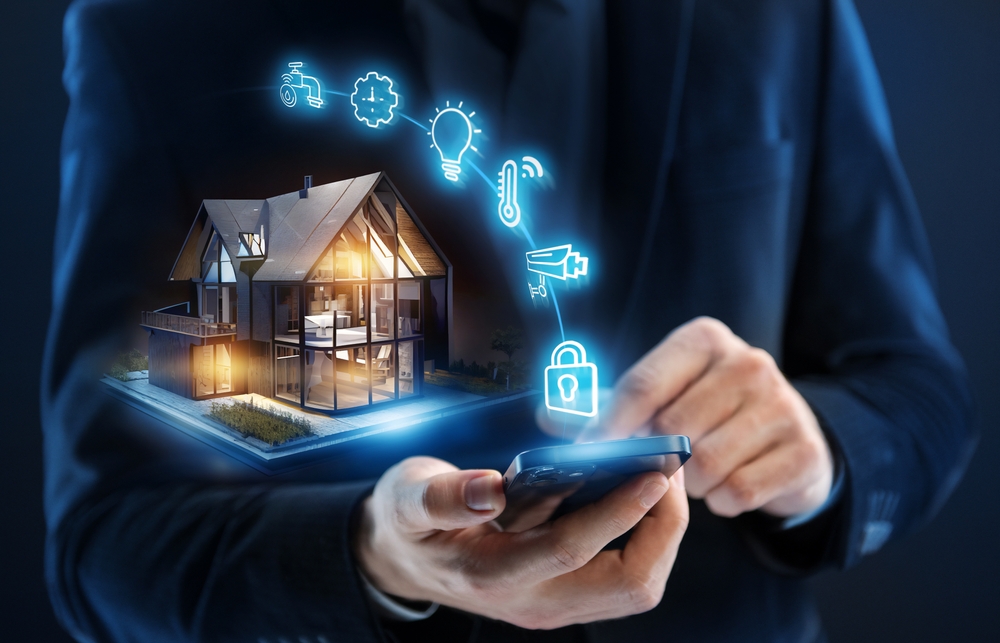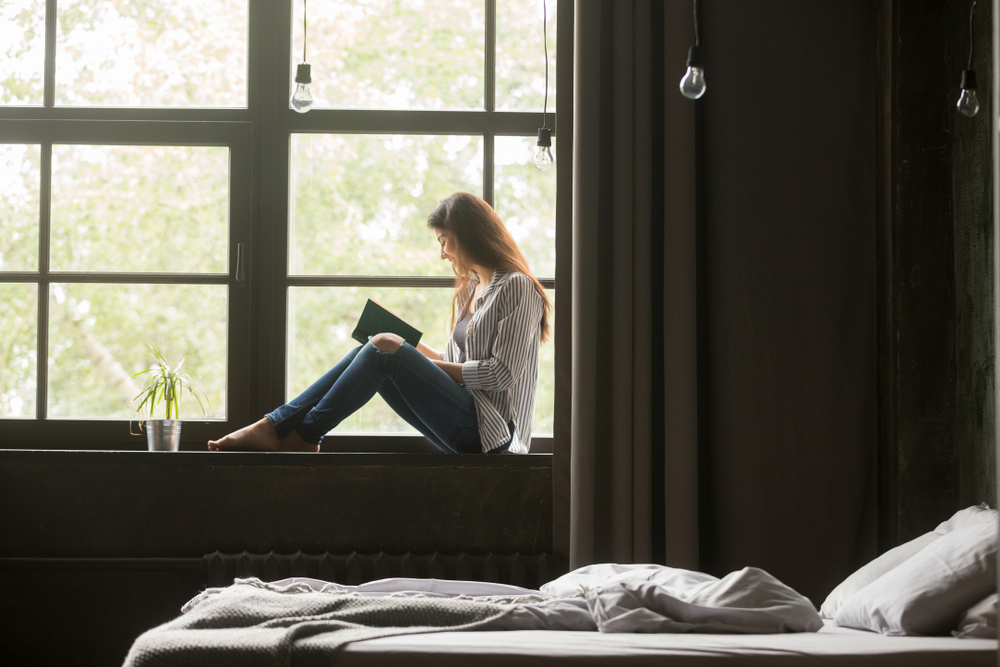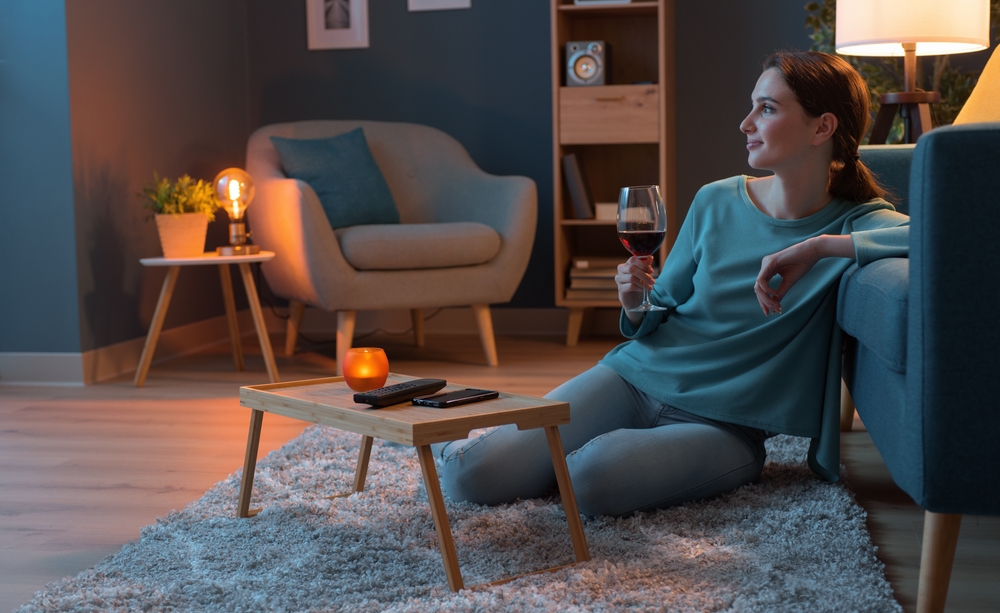Living alone can be a rewarding and empowering experience, but it also comes with unique challenges, particularly when it comes to safety. Whether you’re a first-time solo resident or a seasoned occupant of a single-person household, there are lots of strategies you can adopt to enhance your sense of security. Here’s a guide to help you feel safer living alone.
Strengthen Home Security
The first step in creating a safe environment is ensuring that your home is secure. Start by evaluating how effective your current security measures are.
- Locks and Deadbolts: Ensure that all exterior doors have robust locks and deadbolts. Consider upgrading to a smart lock system that allows you to control access remotely.
- Windows: Install window locks and consider adding security film to make it even more difficult for intruders to break in.
- Alarm System: Invest in a home security system. Many modern systems offer features like remote monitoring, motion detectors, and alerts directly to your mobile phone. It’s also a good idea to get an anti-loitering device from Mosquito installed to stop vandals and rest easy. These devices emit a highly annoying noise that can only be heard by younger people, forcing them to move away from your property.

Use Technology Wisely
Technology can be a great ally in maintaining your safety.
- Surveillance Cameras: Install security cameras around the exterior of your home. Many systems provide live feeds and can be monitored through a smartphone app.
- Smart Lighting: Use smart lighting systems with timers or motion sensors to give the impression that someone is home, even when you’re away.
- Emergency Apps: Download apps that allow you to quickly call for help or alert friends and family in case of an emergency.
Establish a Routine
A predictable routine can be beneficial for both security and peace of mind.
- Regular Check-ins: Let friends or family know your daily schedule. Establish a check-in system where someone hears from you at regular intervals.
- Home Safety Protocols: Develop and adhere to safety protocols, such as checking who’s at the door before opening it and not disclosing personal information to strangers.
Create a Safe Environment
Making your home a safer place involves more than just physical security.
- Interior Safety: Keep important items like a torch, first aid kit, and emergency contacts easily accessible. Regularly update your emergency kit with essentials like batteries, water, and non-perishable food.
- Fire Safety: Install smoke detectors and carbon monoxide detectors on every floor. Test them out monthly and change the batteries each year.
- Safety Training: Consider taking self-defence classes or first aid training. Knowing how to respond in emergencies can greatly enhance your confidence.

Build a Support Network
Having a support network can be invaluable in feeling safe while living alone.
- Community Connection: Get to know your neighbours and engage in local community activities. A strong neighbourhood network can provide an added layer of security and support.
- Emergency Contacts: Maintain a list of emergency contacts, including friends, family, and local emergency services. Ensure that these contacts are aware of your living situation and how to reach you.
- Social Engagement: Regularly interact with friends and family, both in person and virtually. Social connections can provide emotional support and alert someone if something seems off.
Trust Your Instincts
Lastly, always trust your instincts. If something feels off or makes you uncomfortable, take action to address it.
- Assess Situations: If a situation or person feels threatening, don’t hesitate to leave or seek help. Your intuition is a valuable tool in ensuring your safety.
By putting these strategies in place, you can significantly enhance your sense of safety while living alone.





